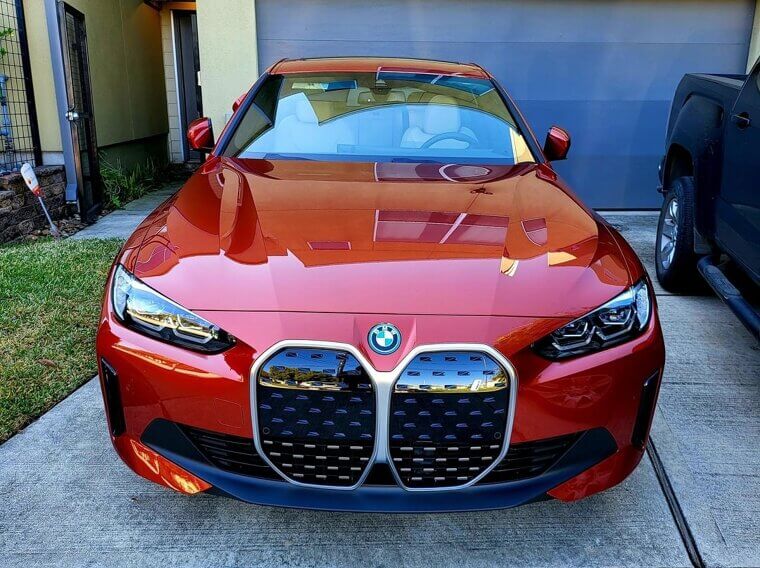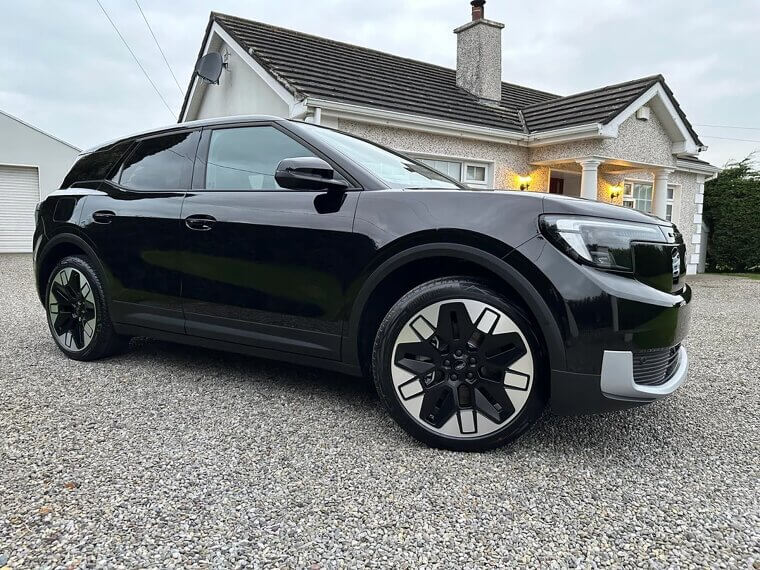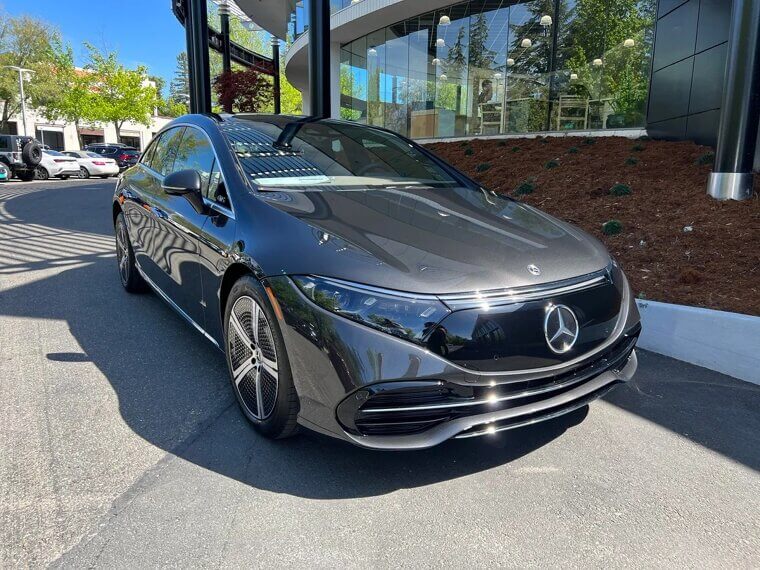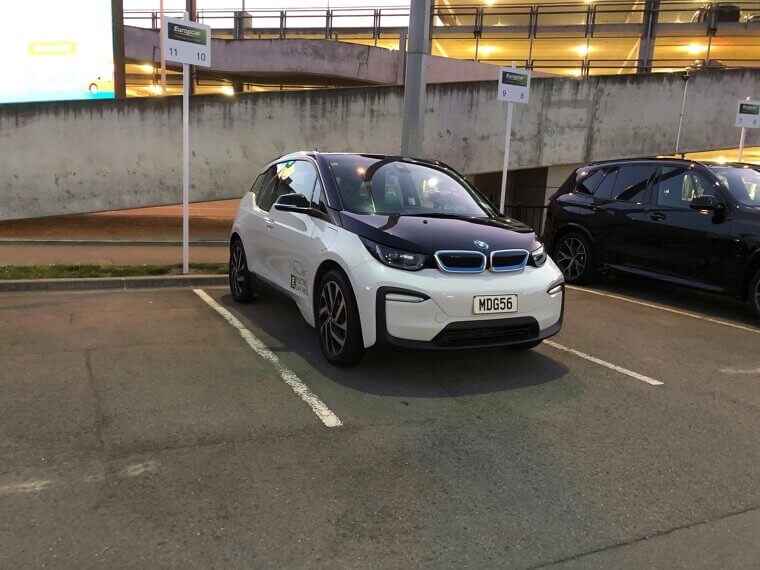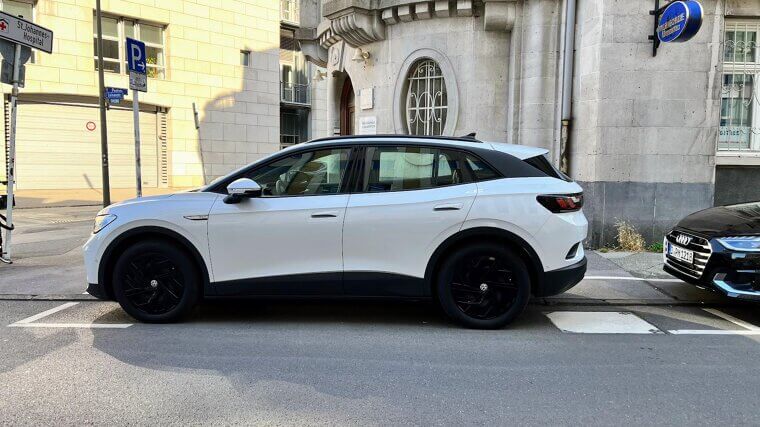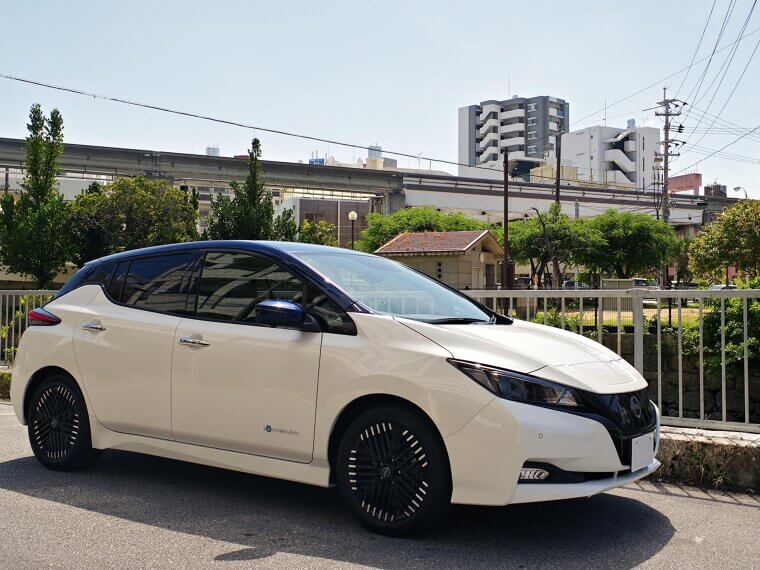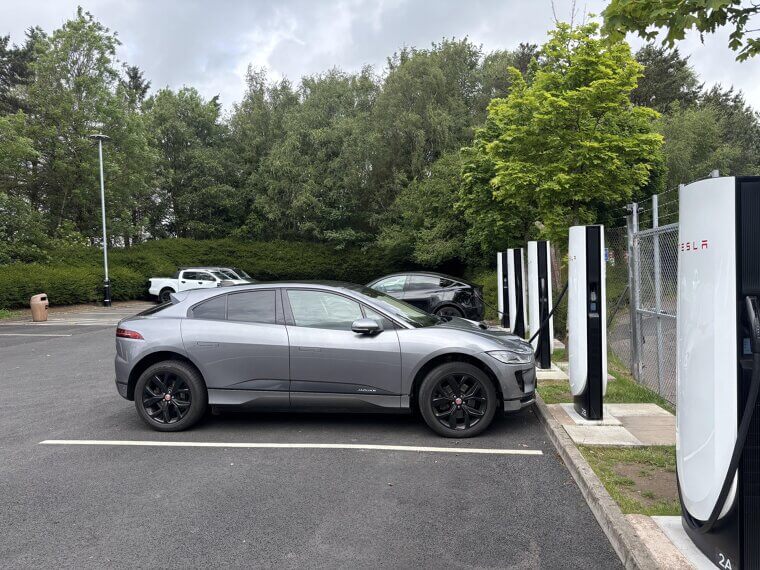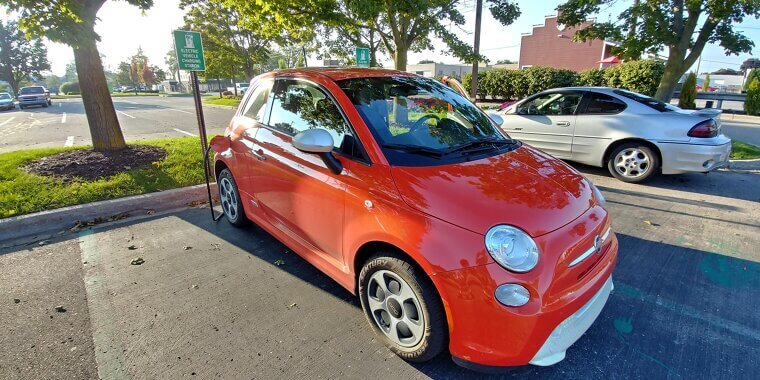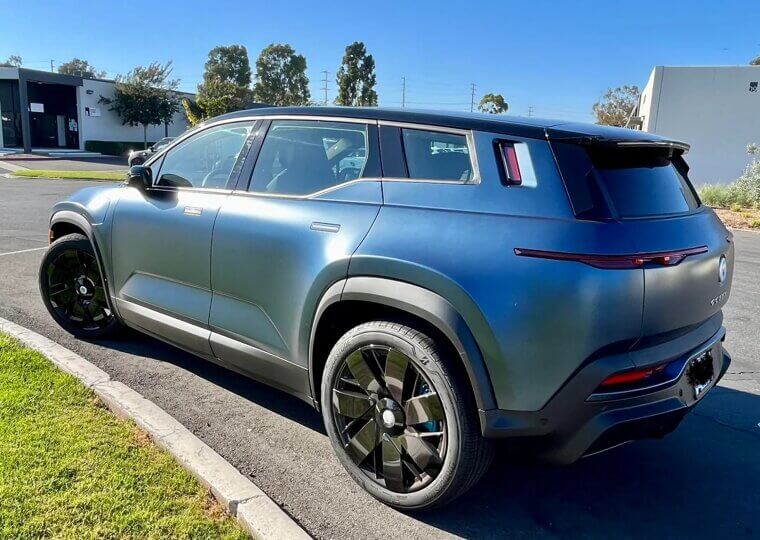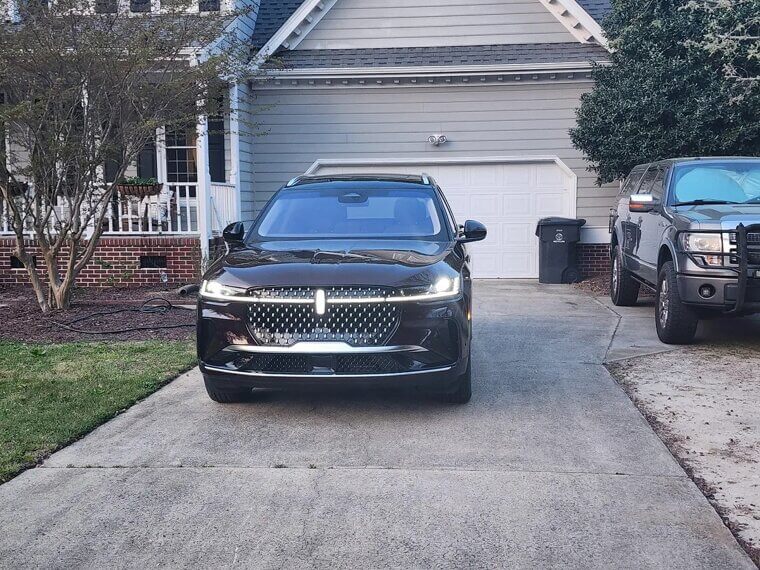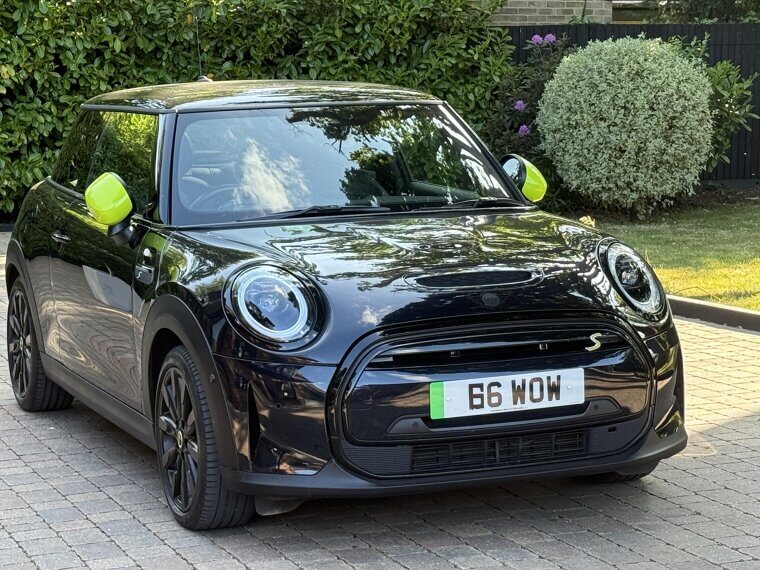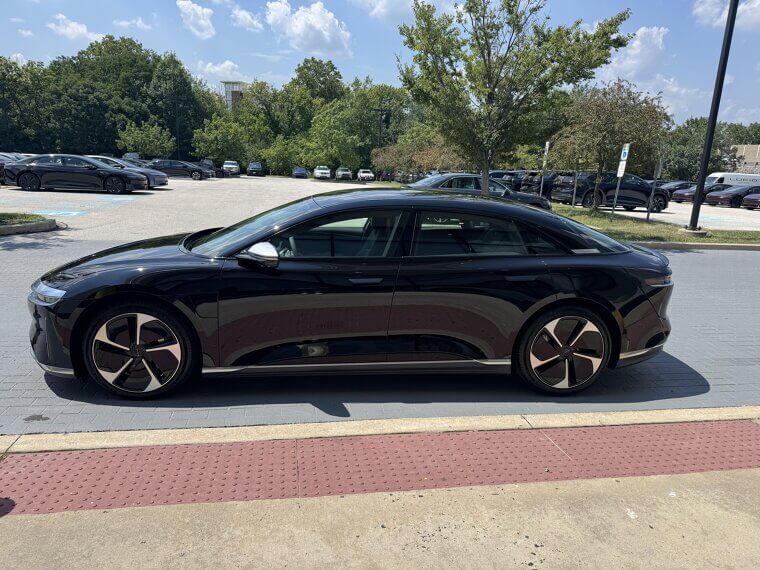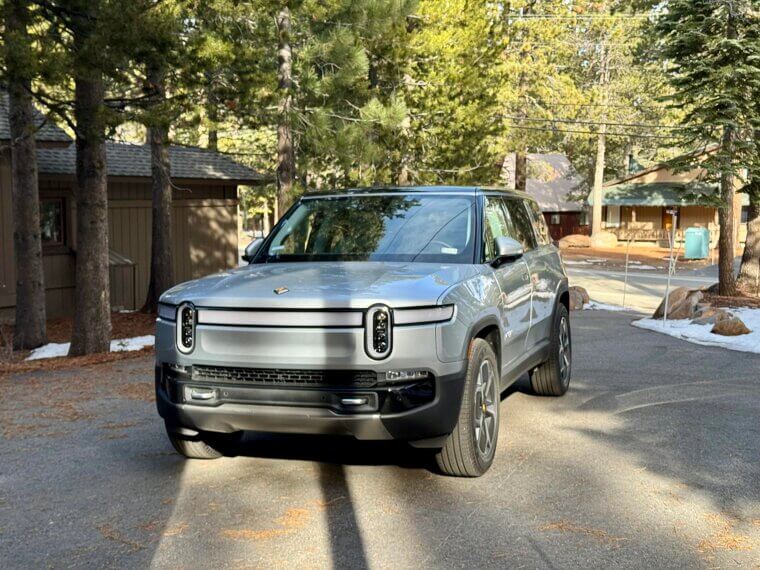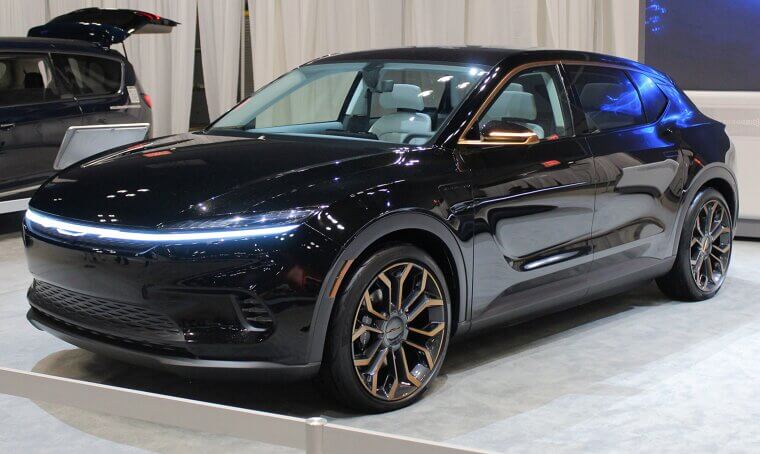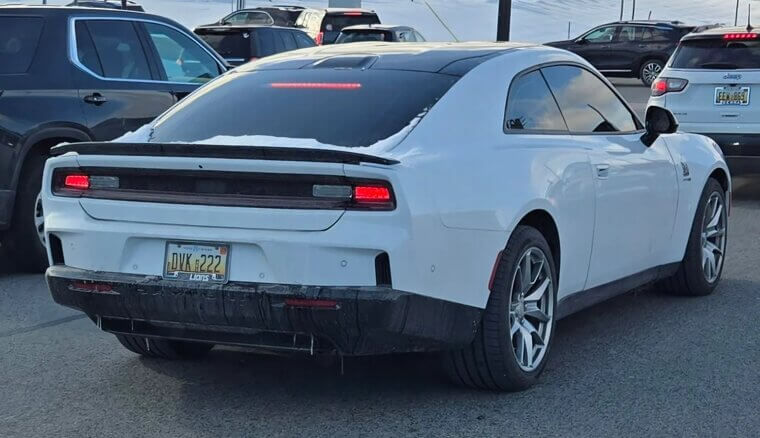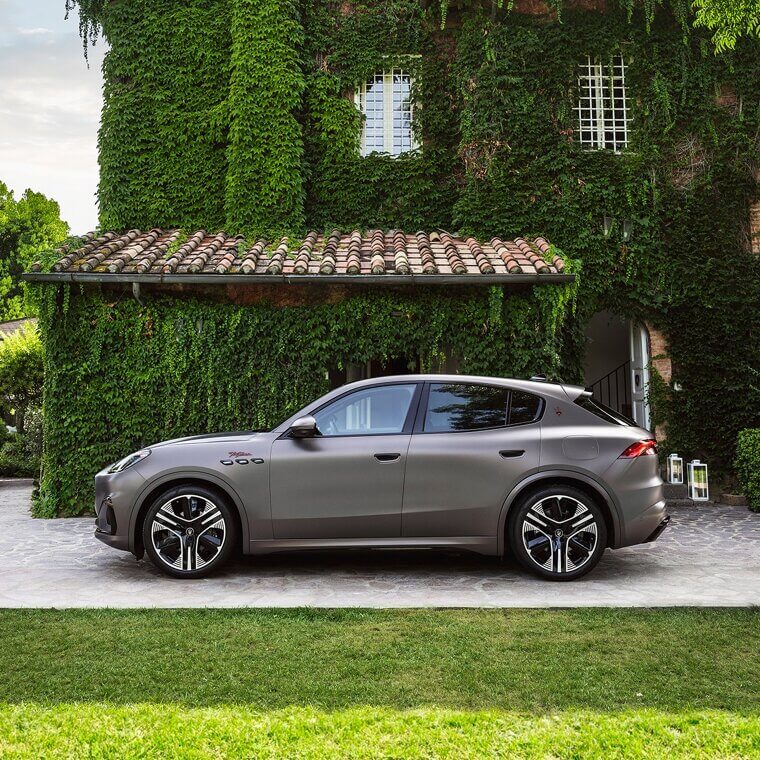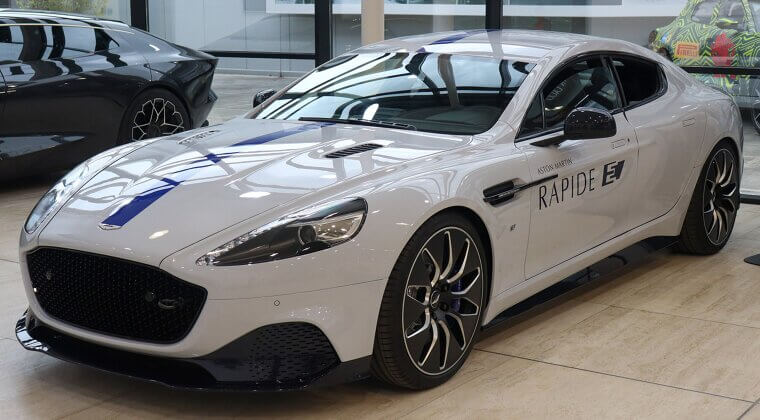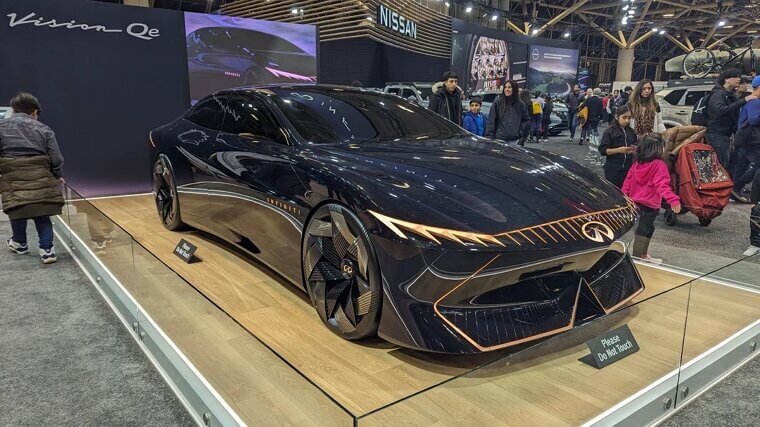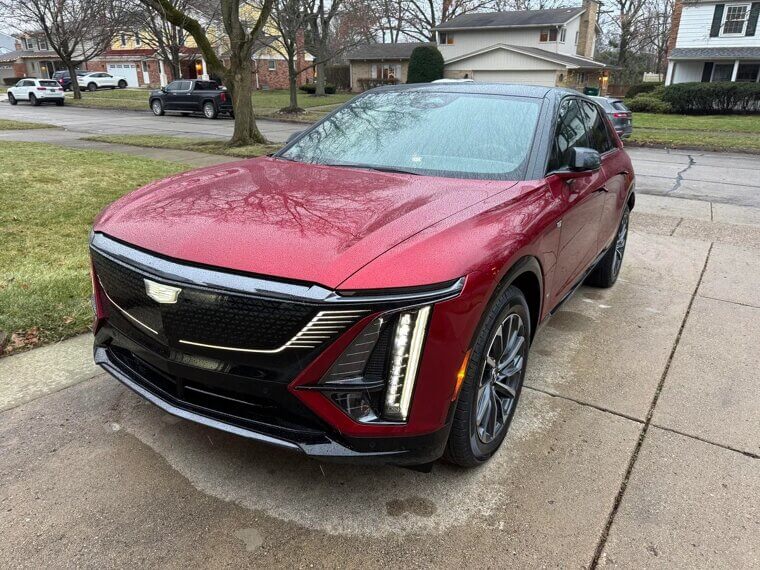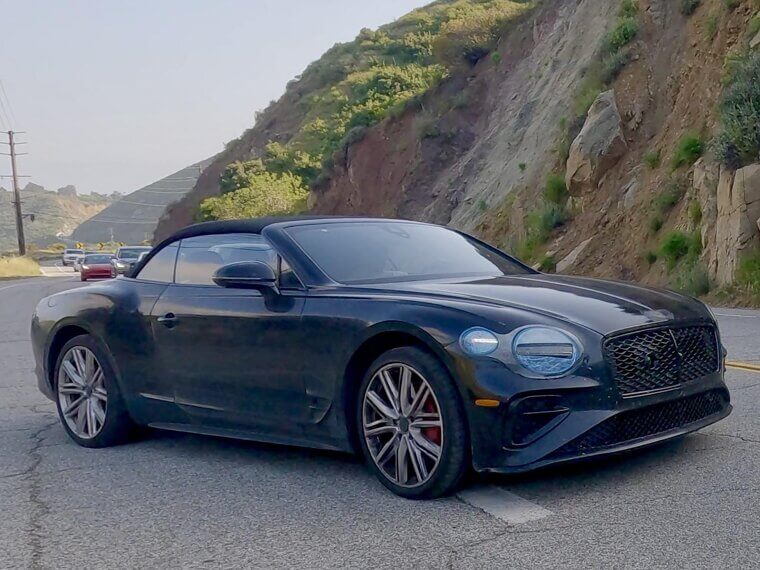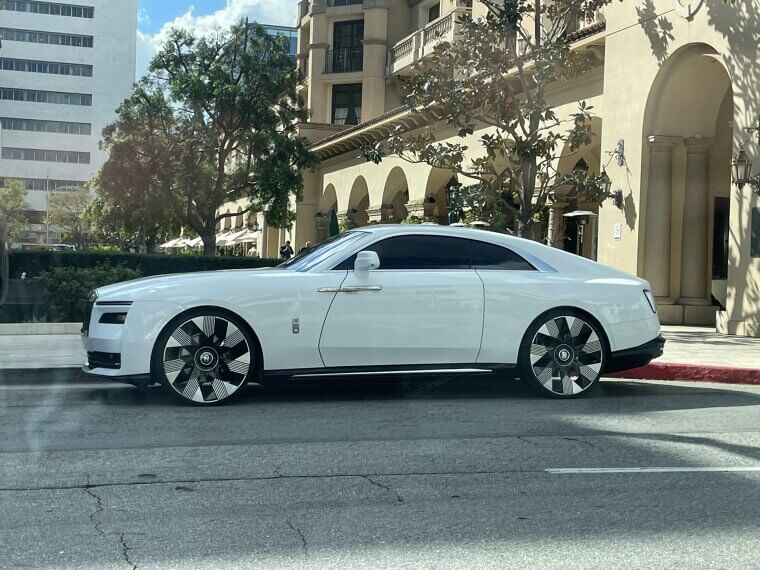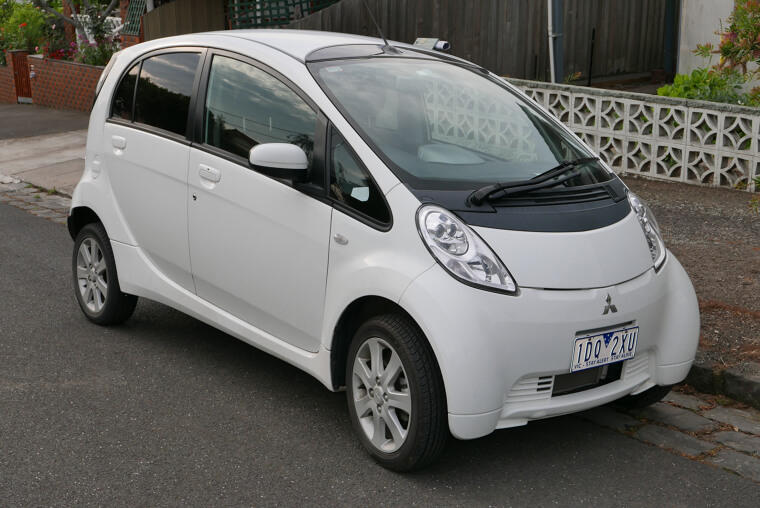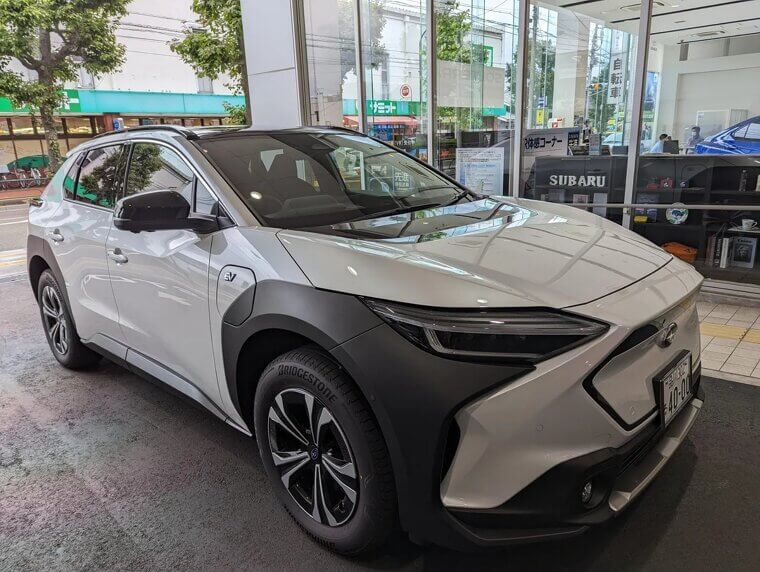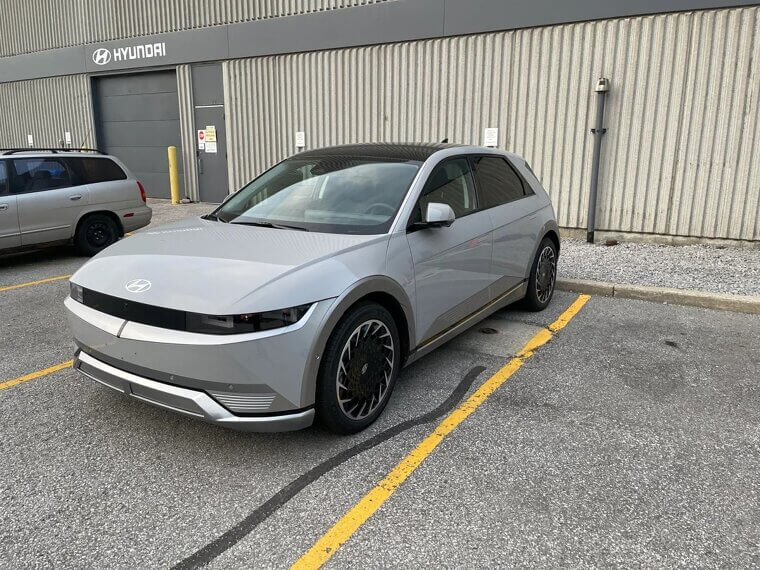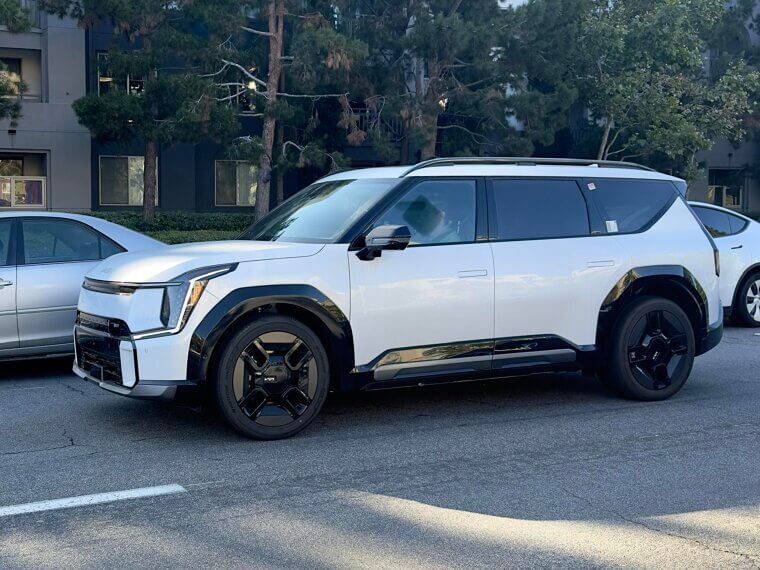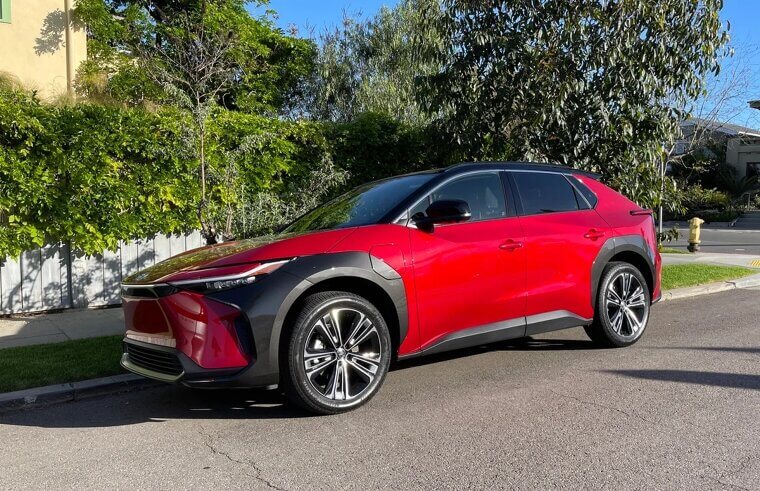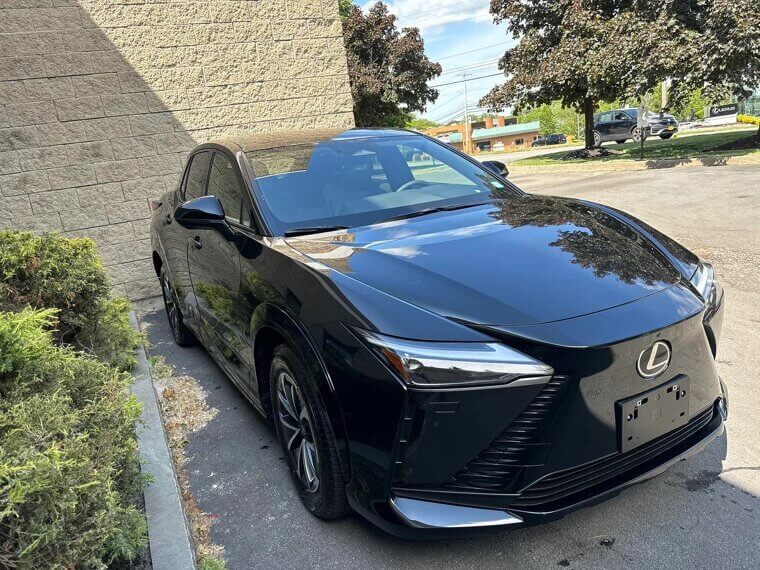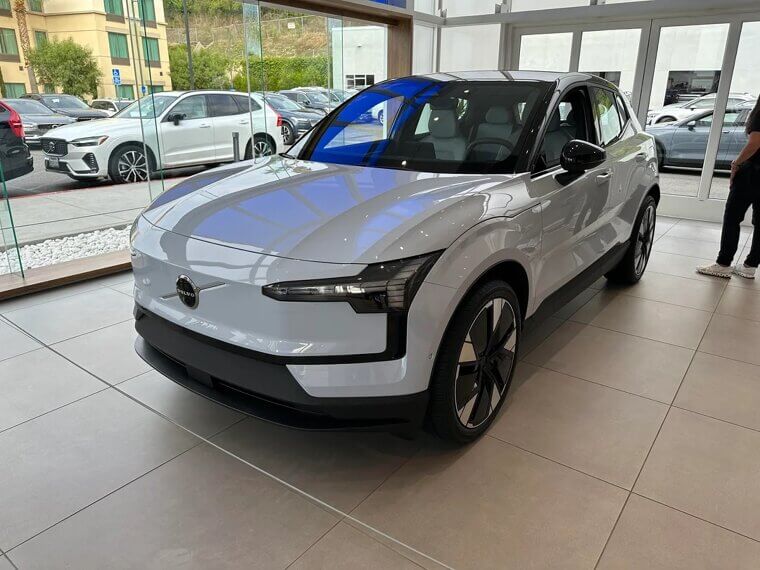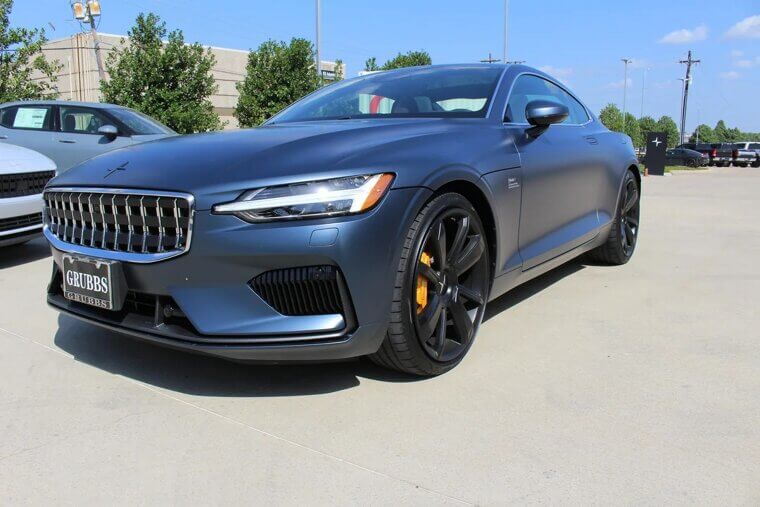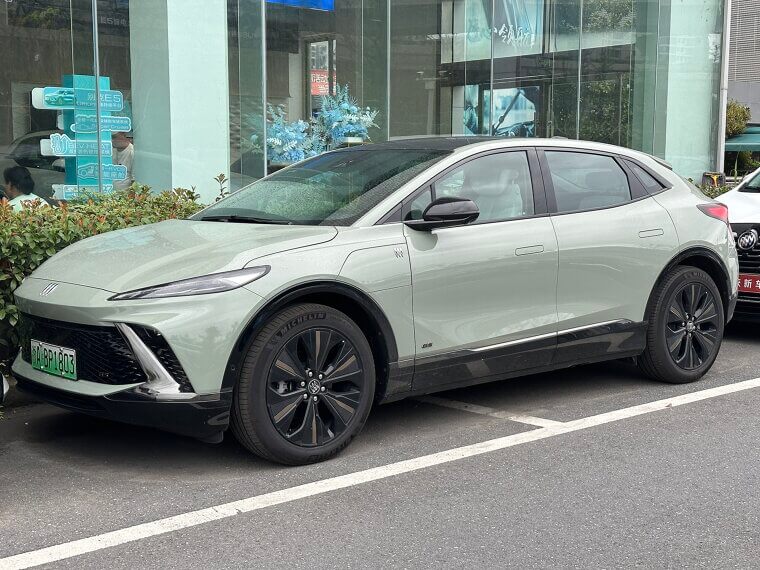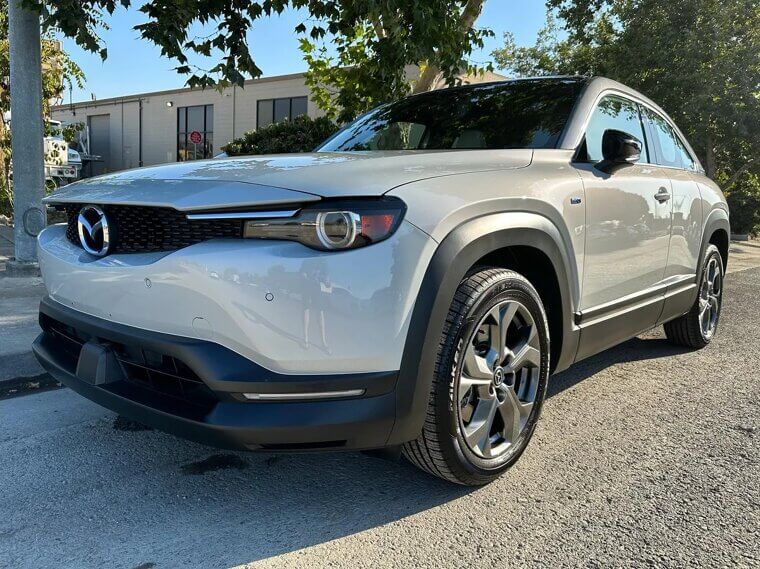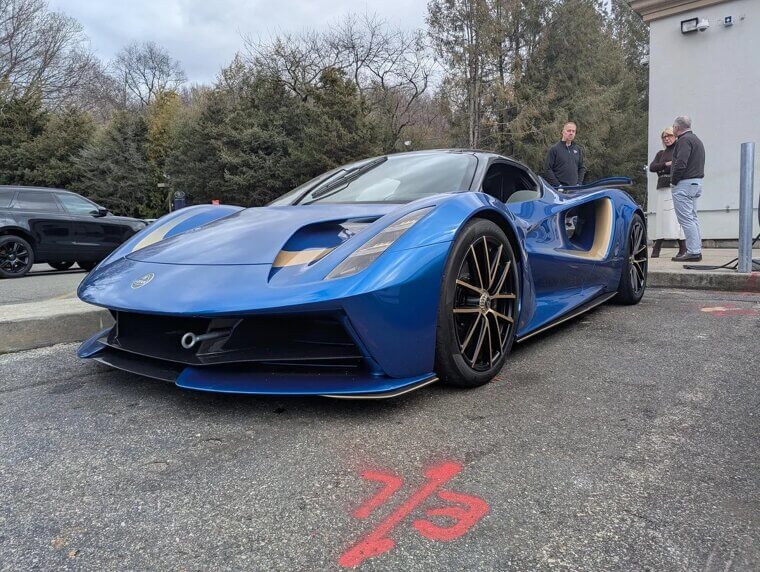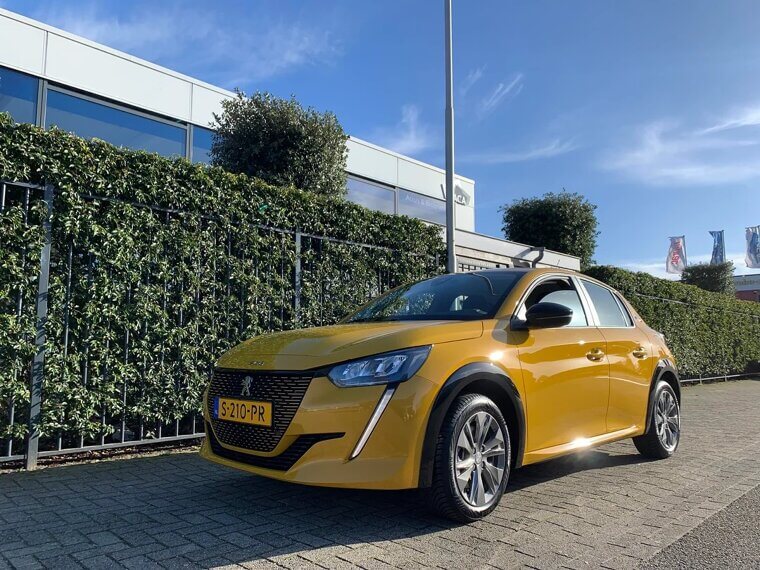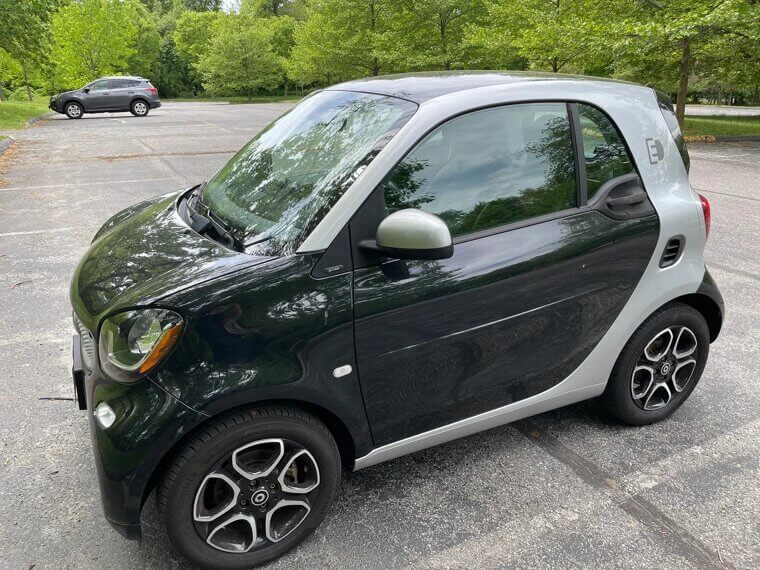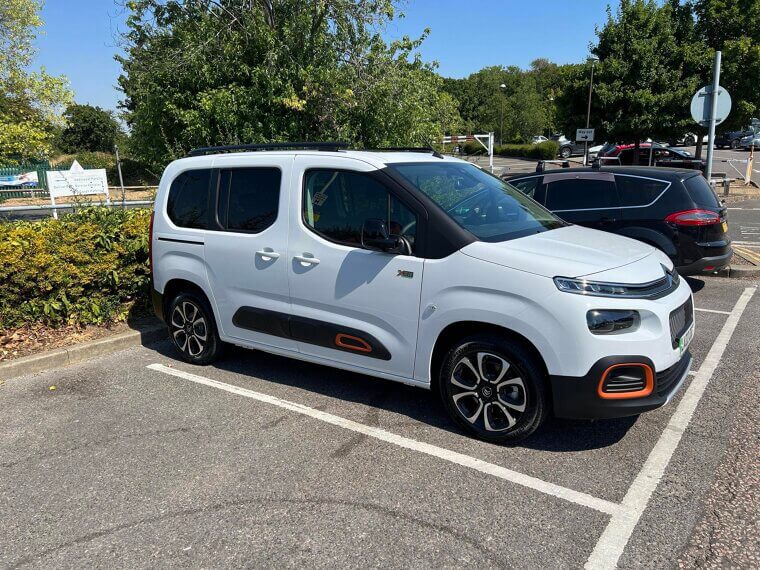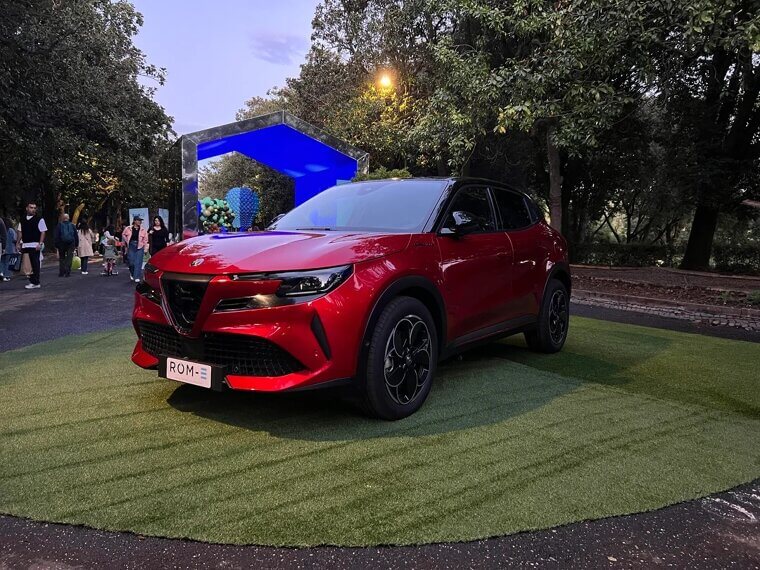The EV Revolution Is Upon Us and These Car Brands Are Struggling
The EV revolution isn’t slowing down, and not every car brand is ready for the ride. Some are racing ahead with sleek EVs, while others are stalling like it’s still 1999. Here are some car brands struggling to stay plugged in.
Ford
Ford's electric vehicle ambitions with the F-150 Lightning and Mach-E have seen setbacks, with production getting frozen and inventory gathering dust. When they built it, they hoped we'd come, but shoppers had other plans.
Mercedes-Benz
Mercedes-Benz claimed it would be totally electric by 2030. But after their EV sales collapsed, they backtracked and are getting back to gas and hybrids. Their luxury EVs look great; however, no one is buying.
BMW
BMW wants to be “The Ultimate EV Machine,” but buyers aren’t buying it. I-series sales can’t keep up with the competition, and it feels like they’re throwing darts in the dark. For a brand known for precision, their EV aim is pretty shaky.
Volkswagen
VW made a big bet on its ID lineup, but slow launches, software problems, and competitive pressures are hampering momentum. They wanted to be the Tesla of Europe, but at this point, it feels more like VHS versus streaming: dated, clunky, and fighting for relevance.
Nissan
Once the EV pioneer with the Leaf, Nissan slept while the competition passed them by. Now, they're in debt and trying to reboot by getting into hybrids. The Leaf may live on, but Nissan’s crown is gone.
Jaguar
Jaguar confidently said it would be all-electric by 2025. That doesn’t seem likely. They don't have any new cars beyond the I-Pace, and dealers are sitting on their hands. Stunning styling is not enough when you basically have tumbleweeds in your line-up.
Fiat
Fiat called the 500e its comeback, then paused production after buyers didn’t show much interest. Now, they've backtracked into hybrids, pushing back their EV-only plan. For a brand that thrives on being fun and quirky, this feels like showing up to karaoke night and forgetting the lyrics.
Fisker
Fisker is the startup darling turned cautionary tale. They spent money, missed delivery targets, and ultimately filed for bankruptcy. Their Ocean SUV looked great, but the business side was a dumpster fire.
Lincoln
Ford's luxury brand has introduced EV concepts, but consumers are not exactly rushing in. Their aging lineup and identity crisis don’t help; are they for retirees or tech-savvy elites? Without a bold EV push, Lincoln will run the risk of becoming that cousin everyone forgets about until Thanksgiving dinner.
Mini
Mini's electric vehicles were meant to be cheeky and fun, but sales fell off all too quickly. The high prices, limited range, and cramped practicality dampened the fun. Cute only gets you so far when competitors have more space, more range, and fewer compromises.
Lucid Motors
Lucid makes beautiful, long-range EVs, but few people are buying them. They are so expensive that production is slow and sales are low. The brand’s got champagne tastes with a soda budget, and it shows.
Rivian
Rivian's R1T R1S have dazzled critics, but building trucks is far harder than pitching slideshows. They are burning cash, laying off workers, and struggling to scale. The Amazon van deal helps, but if you're betting your future on delivery boxes, things aren't looking super great.
Chrysler
Chrysler’s EV plans are mostly on paper. While Dodge and Jeep get flashy announcements, Chrysler’s future feels like that kid picked last in dodgeball. Collectors may love nostalgia, but nostalgia won’t sell minivans in an electric future. Time is ticking. Loudly.
Dodge
Dodge is all about noise, burnouts, and muscle. And none of these scream "EV-friendly." They teased an electric Charger, but fans are not buying it. Without gas-guzzling Hemis, can Dodge even be Dodge? Having a muscle car that whispers instead of roaring is weird, and it’s not surprising that buyers have not shown up.
Maserati
Maserati claims it will go electric, but let's be honest, they barely have gas vehicles moving. Given the high pricing, inconsistent reliability, and low number of dealerships, adopting electric vehicles will be even harder.
Aston Martin
Aston has a history of making gorgeous sports cars, but they seem slow in bringing their EV models into reality. Their plans keep slipping further and further into the future, and they seem fully committed to hybrids. At this rate, we may see Q’s gadgets go electric before Aston does.
Infiniti
Nissan's luxury division hasn't figured out the EV puzzle either. While Lexus and Audi are delivering sleek electrics, Infiniti keeps announcing and promising, but delivering little. EV buyers won't be patient forever, and Infiniti is at risk of becoming that quiet cousin no one remembers until Thanksgiving.
Cadillac
Cadillac has the Lyriq, but scaling has been challenging. The brand has had its share of production bottlenecks, dealer drama, and lukewarm demand. And although Cadillac wants to be the luxury EV leader, Tesla and Rivian are the cool kids already sitting front and center.
Bentley
Bentley's commitment to being completely electric by 2030 is already well behind schedule. Their wealthy customers may wait, but how long can that patience last? Luxury buyers want the latest tech, not endless teasers. If this continues, Bentley will be the aristocrat holding on to their horse and cart while everyone else races around in a Tesla.
Rolls-Royce
Yes, even Rolls is wobbling. Their all-electric Spectre is beautiful but unbelievably expensive, and the EV infrastructure is far from a bespoke luxury experience. Rolls customers hate compromise, and waiting at a charge station doesn't mix well with champagne flutes.
Mitsubishi
Mitsubishi’s EV strategy appears to be "maybe hybrids?" while every other automaker is launching full EV lineups. The Outlander PHEV is holding the fort, but it is hardly revolutionary. Without some innovative moves planned, Mitsubishi will become a trivia question answer: "Name a brand that almost made it."
Subaru
Subaru has a loyal fan base that favors outdoorsy driving experiences, but the Solterra EV came with short range, slow charging, and a badge from Toyota. If Subaru doesn't start electrifying quickly, then their rugged reputation will be left behind in the mud while everyone else drives by on their silent motors.
Hyundai
Hyundai nailed design with the Ioniq lineup, but U.S. tax credit rules and slowing demand are tripping them up. They’ve invested billions but profits are wobbling. It’s like showing up to class with the best project, but the teacher doesn’t even grade it. It’s frustrating and risky long-term.
Kia
Kia had a great product in the EV6, but sales have cooled. Inventories have stacked up, and dealers are reducing prices. Their large EV9 is flashy, but is it enough? At the moment, Kia is the kid who studied hard, but still received a B-minus.
Toyota
Toyota took too long with EVs and took a huge gamble on hybrids. Now they have to play catch-up while Tesla and BYD have seized the lead. They may be reliable, but buyers are looking for innovation. And right now, it looks like Toyota came to a smartphone launch with a flip phone.
Lexus
Lexus, the luxury arm of Toyota, faces the same problem: slow EV adoption. Their first EVs did not have the wow factor of the competition, and buyers are simply not wowed. Hybrids are paying the bills, but that won't last forever.
Volvo
Volvo has stated they would go all-electric by 2030, but decelerating EV sales have made them waver. They are now reducing targets and altering timeframes. Safety is the brand identity, but safe does not win races. If they fail to accelerate, Volvo will soon be the beige sweater of the EV world: comfortable, but boring.
Polestar
Volvo's EV spin-off had all the hype, but fell below sales expectations. Software bugs, stiff competition, and Tesla's pricing reductions are killing margins. It looks cool, but not enough to sell.
Buick
Buick has always been viewed as the "grandpa car" brand, but now even grandpa wants a Tesla. GM says it's going all-electric by 2030, but Buick has yet to impress anyone. The Electra concept looks great on paper, but until it’s in showrooms, Buick seems stuck in neutral instead of getting charged up.
Mazda
Mazda produces cars that are fun to drive, but they’re jogging in the EV race while everyone else is running. The MX-30 was their great electric debut, but the range is worse than a college kid’s gas money.
Lotus
Lotus is known for lightweight sports cars, but the EV era involves heavy batteries. They made the Evija, an unbelievable electric hypercar, but nearly nobody can afford it. If Lotus can't find a way to balance its purist DNA with everyday EVs, it will end up in the "cool but niche" bin.
Peugeot
Peugeot has sleek designs, nice interiors, and a handful of EVs in existence. But competition is tough, and outside of Europe, Peugeot hardly registers. If it doesn't try harder and get into global EV markets, it will be the chic French brand we rave about but never actually buy.
Smart
Do you remember those tiny Smart cars that looked like they could fit into a living room? Well, they’ve re-branded themselves to a strictly EV brand, which is a great idea. However, people still do not want to fork out serious cash for a plush city pod. If Smart doesn’t get any smarter soon, it will be toast.
Citroen
Citroens are well known for their funky designs and budget-friendly vibes, but when it comes to EVs, Citroen has had a slow and patchy rollout. Europe has moved faster than Citroen can keep up. And if they don’t produce affordable electrics that excite buyers, they may become irrelevant compared to faster-moving competition.
Alfa Romeo
Alfa took too long to get on the electrification bandwagon, and now are in danger of being niche forever. If Alfa can't deliver a sexy EV that also works, then they will only be a brand that only enthusiasts love.

